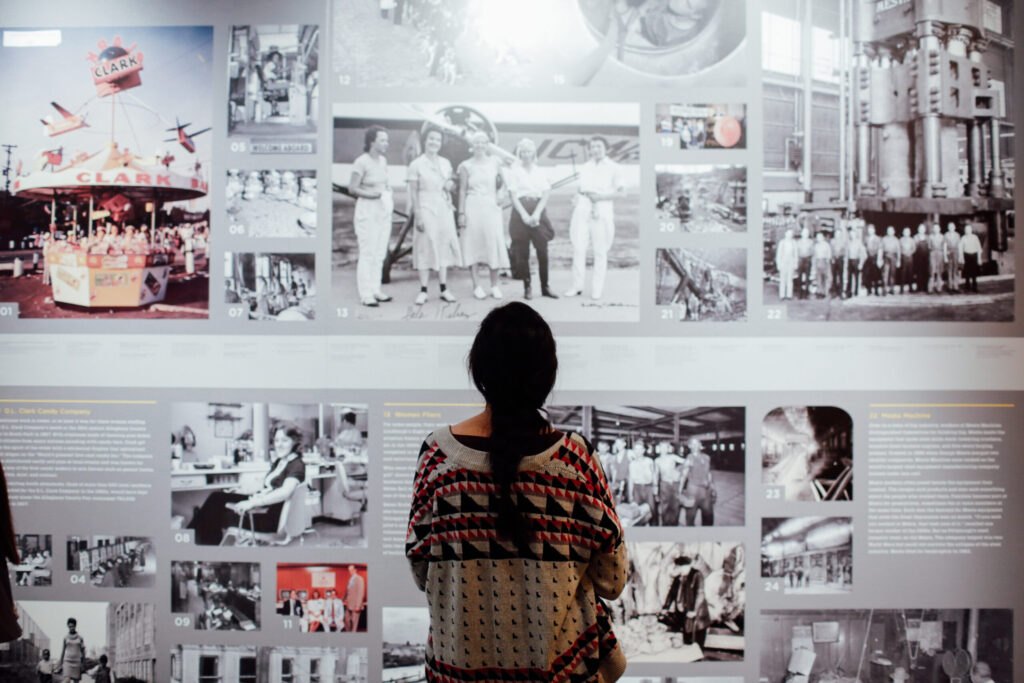Deeper Learning is a learning framework that aims to give students 21st century skills and train educators in teaching those skills to students. Its development has been supported by the Hewlett Foundation. Digital Promise, a nonprofit looking to encourage learning through technology, and Getting Smart, an education reform organization founded by Tom Vander Ark have been advocating for the implementation of Deeper Learning.
Because Deeper Learning is defined by what it is not, the methods of implementing it tend to be varied. The only commonalities are its six core competencies, the use of technology in education, and an emphasis on encouraging teachers to develop different, more engaging methods of instruction. Though not universal, a typical theme in Deeper Learning the implementation of micro-credentials for teachers to ensure they are adequately prepared to use the framework.
Overall Goal
Deeper Learning is a framework targeted at schools and teachers with the goal of making sure students understand academic content at a level that prepares them for college or a career. It does not involve drilling and testing students, but instead requires the synthesis of knowledge and skills learned in the classroom. These skills are measured by six core competencies:
- Mastery of core academic content
- Critical thinking and problem solving
- Working collaboratively
- Communicating effectively
- Learning how to learn
- Developing academic mindsets
The Hewlett Foundation detailed these competencies in 2013.
Theoretical basis
This framework begins with the recognition that the world today is driven by innovation, collaboration, and problem-solving. Additionally, this type of work is more technologically-driven today than it has been at any time in the past. Research has shown that learning in an environment with a focus on these types of skills helps students achieve academically and interpersonally.
Deeper Learning competencies reflect the analytic, interpersonal, and creative competencies needed for success in today’s working world. The goal is to build lessons around these competencies so students can have the opportunity to practice transferring knowledge and applying it, much like they will in their careers. According to the Deeper Learning framework, leadership is fundamental to ensuring that Deeper Learning happens in the classroom. A Deeper Learning leader can rally teachers and the community around the prospect of creating learning outcomes that reflect the role of technology and collaboration in modern society.
Competency emphasis
Academic content forms the backbone of Deeper Learning’s competency-based approach. As students learn the academic content, they should be able to think critically about it and solve complex problems related to it. Collaboration and communication are both competency areas as well. Students should learn how to learn, as described in a competency that includes the motivation and ability to make progress through whatever means necessary. A final competency focuses on the development of academic mindsets, reflected in the idea that students feel they belong, that they can be successful, and that their work is valuable. When these competencies come together, they are often reflected in student-driven, project-based lessons for students to help them gain a deeper understanding of that core academic content.
Instructional approach
Though the framework’s writers were somewhat vague about the instructional approach, there is one item that seems essential: blended learning. Technology in the classroom works as both a skill to be mastered and a method of quickly evaluating and giving feedback to students.
However, the framework is pretty straightforward about the need for changing the practices of teachers. Teachers are encouraged to create more engaging lessons that use tools other than drilling and memorizing to help students learn core content. The framework is less specific about what these practices need to be than it is about the need for them. Deeper Learning is often integrated into professional development and the missions of schools and districts in many descriptions of the framework.
Method of assessment
Deeper Learning advocates for a variety of assessments for students, but is not particularly clear beyond that major point. However, teacher assessments are an integral part of the framework, as teachers who can prove they have mastered a competency receive micro-credentials. Many of these micro-credentials are awarded by bodies outside of Schools of Education. Organizations invested in deeper learning suggest that Business Schools and business in general should be active in assessing teachers this way.
Example: Elizabeth Forward
Deeper Learning has contributed in no small part to the successes of Elizabeth Forward School District. Dr. Todd Keruskin, Assistant Superintendent, believes that Deeper Learning has helped his district increase student engagement while pushing the teachers to become better, more reflective planners. “Deeper learning has helped us focus on content that is beyond project-based learning, beyond increased student engagement and beyond real-world application,” he says about the positive changes he has seen in his district since adapting to the Deeper Learning framework. The teachers in the district have embraced a culture of ensuring the students do most of the work while the teacher acts as more of a facilitator. To help students accomplish this work, the district has invested in 1:1 iPads and a Digital Media Lab. Both of these upgrades have helped teachers create lessons that are designed to give students an experience they will remember decades from when they learn it. “It’s about remembering the content 20 years from now,” says Todd, explaining the motivation behind the projects his school creates. Much of this has come from a district-wide focus on Deeper Learning and the ways in which both teachers and principals can make it happen in their classroom.
External resources
A list of Deeper Learning competencies
Deeper Learning Micro-Credentials
The Hewlett Foundation and Getting Smart’s Guide to Deeper Learning
